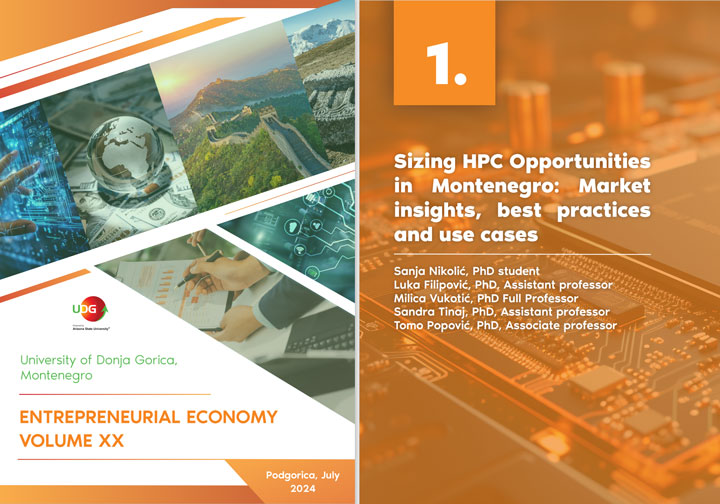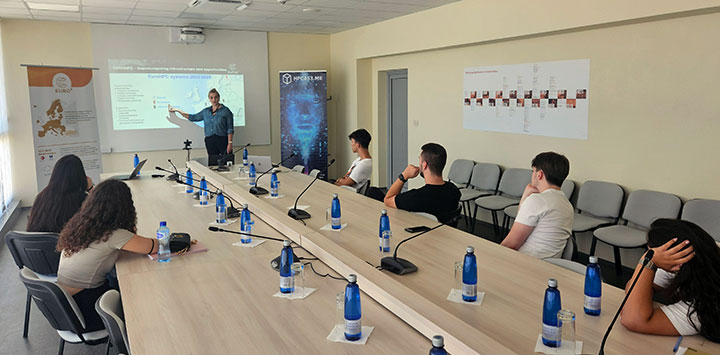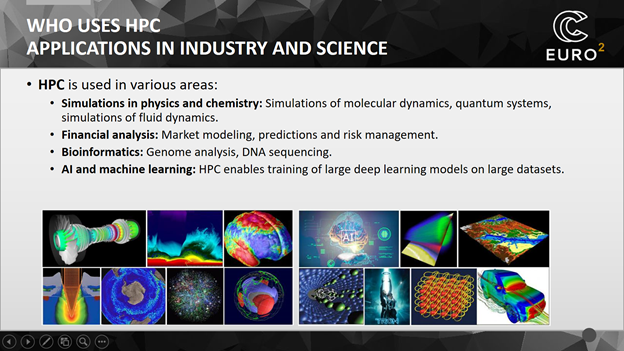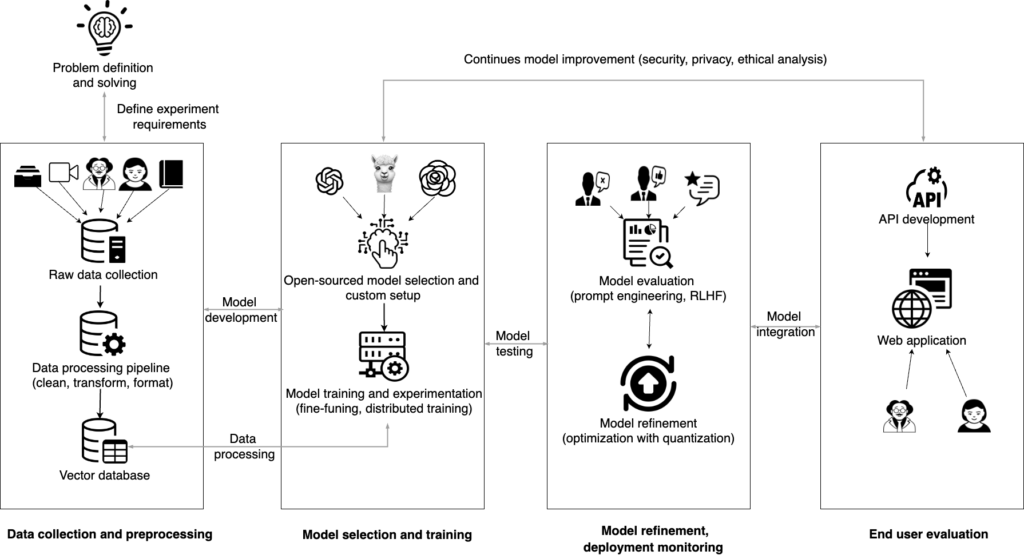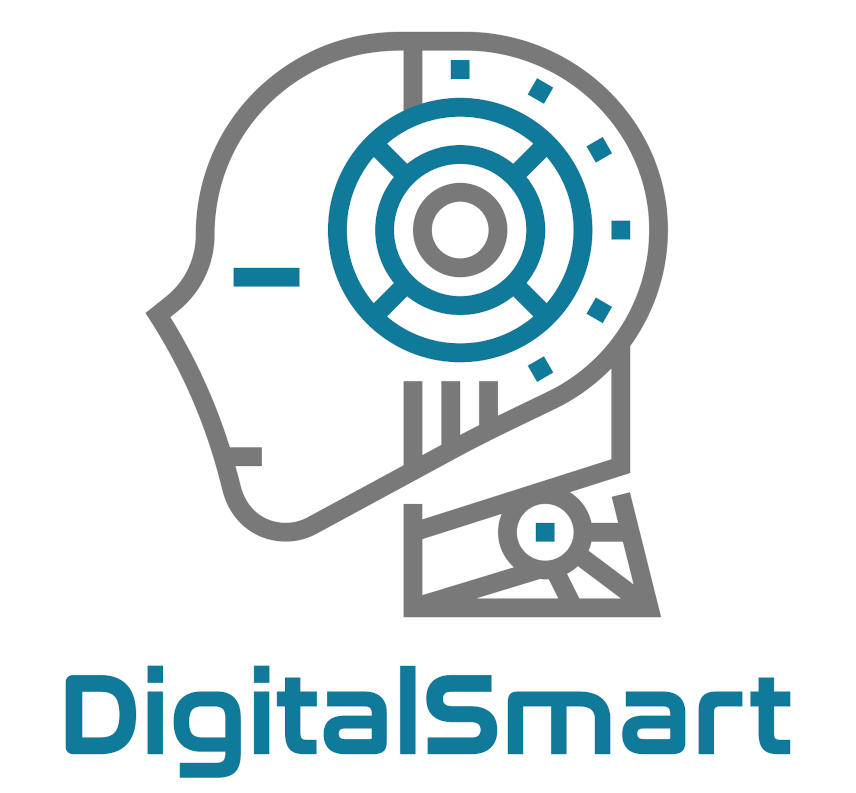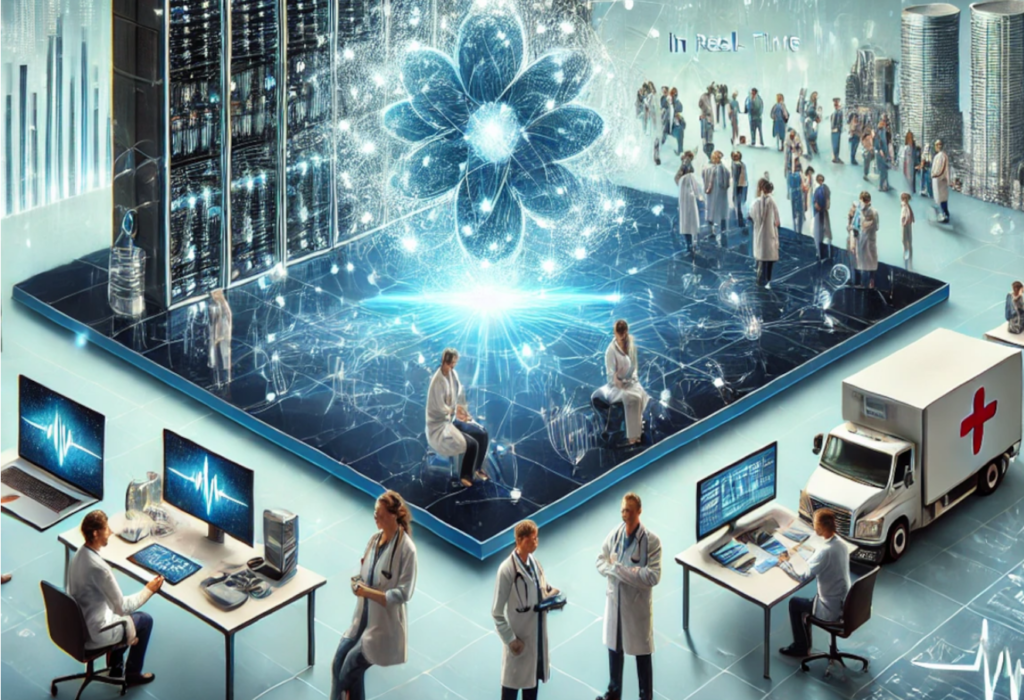We’re excited to announce a hackathon organized by our partners Cyprus Institute (CyI) and NCC Cyprus!
The “Hack for a cause” hackathon is organized by the Cyprus Institute (CyI) in collaboration with the Anticancer Society Cyprus and focuses on leveraging Artificial Intelligence (AI) to improve the drug prescription process for hospitalized cancer patients, particularly addressing the complexities of polypharmacy. The aim is to develop an AI tool that utilizes patients’ treatment charts—documents indicating prescribed medications, dosages, frequencies, routes, allergies, and comorbidities—along with publicly available medicine descriptions to issue high-level alerts to doctors during the prescription process. These alerts will be triggered if the tool identifies drug interactions, contraindications with the patient’s medical record, or potential overdoses.
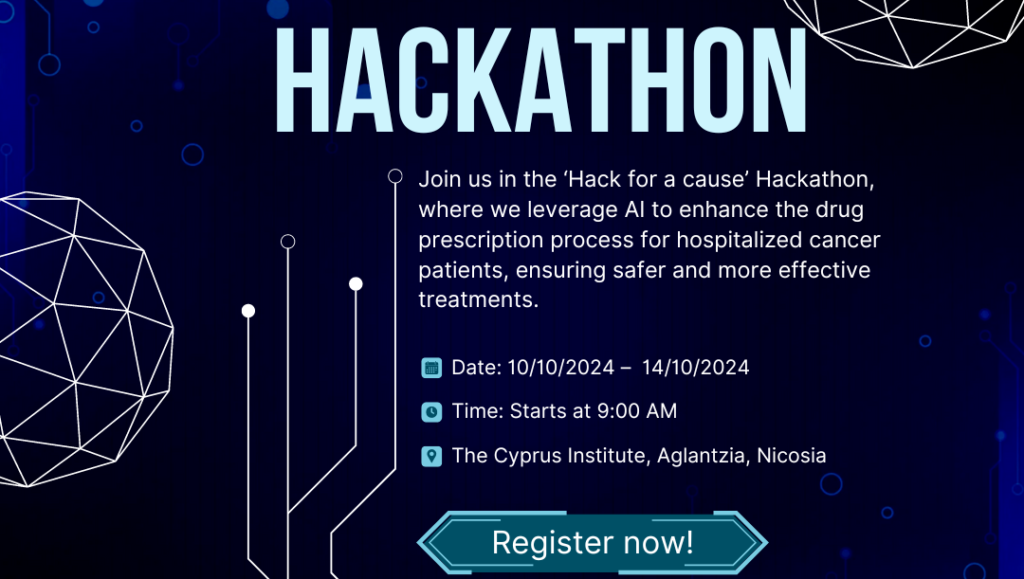
The event will be conducted in a hybrid format, allowing for both online and onsite participation from national and international attendees.
Registration for this event is open until Thursday, October 3rd 12:00pm, 2024.
More info : https://eurocc.cyi.ac.cy/hack-for-a-cause/


